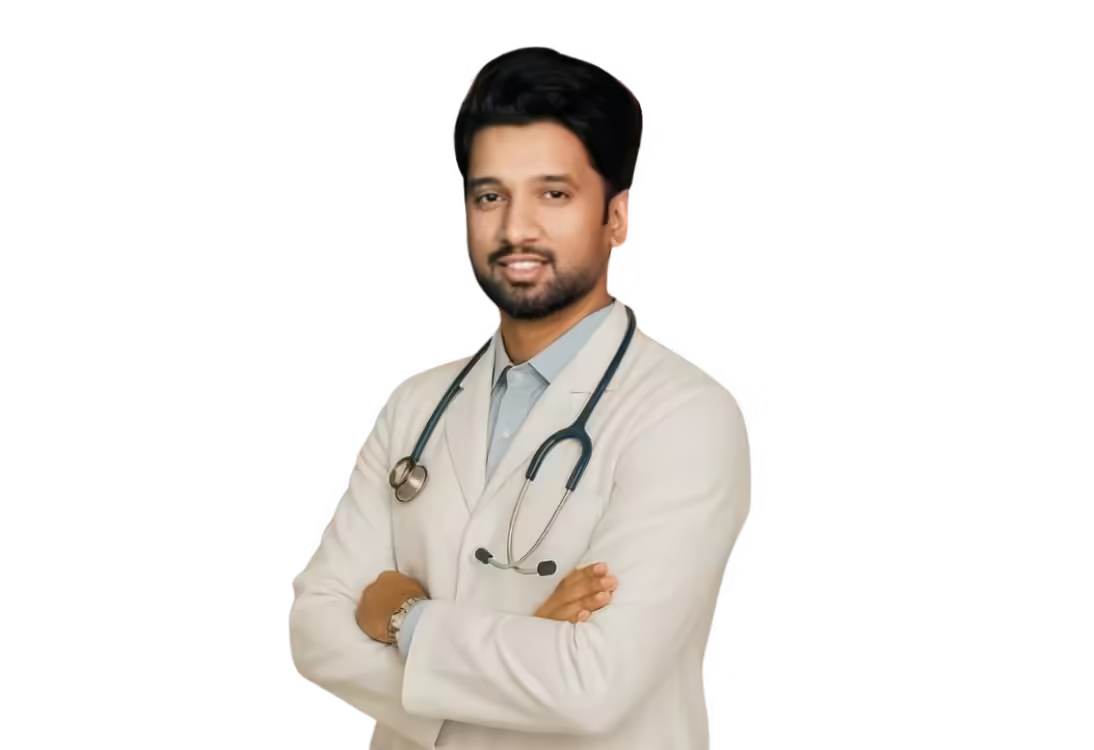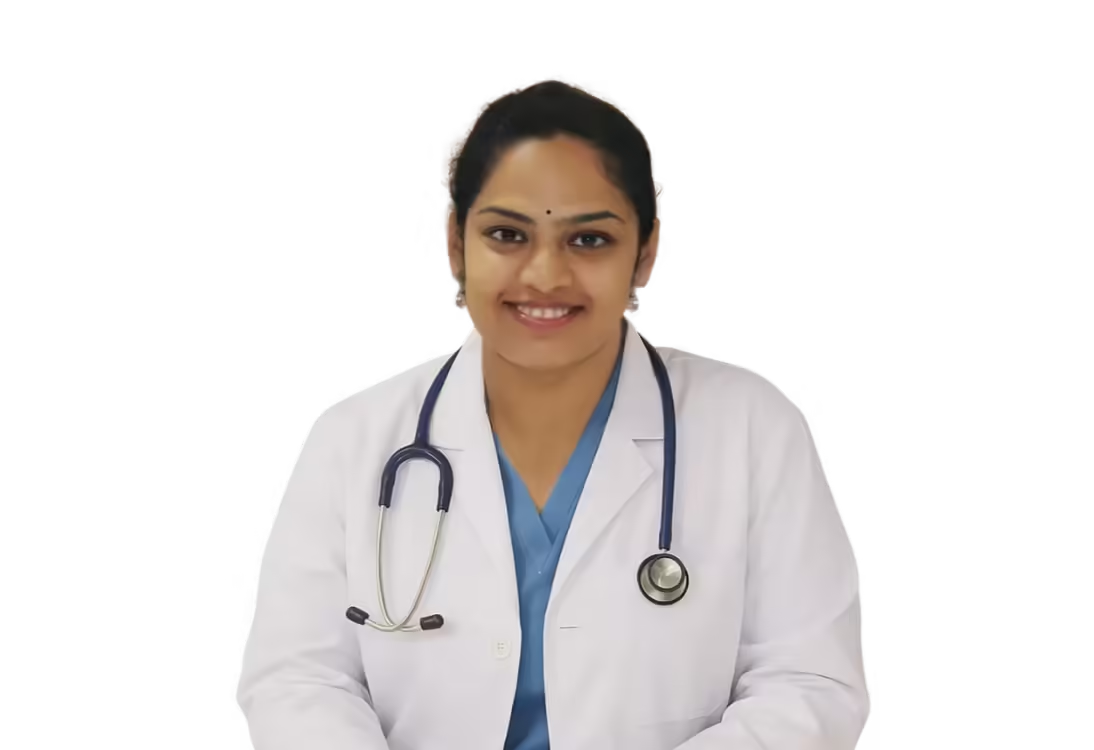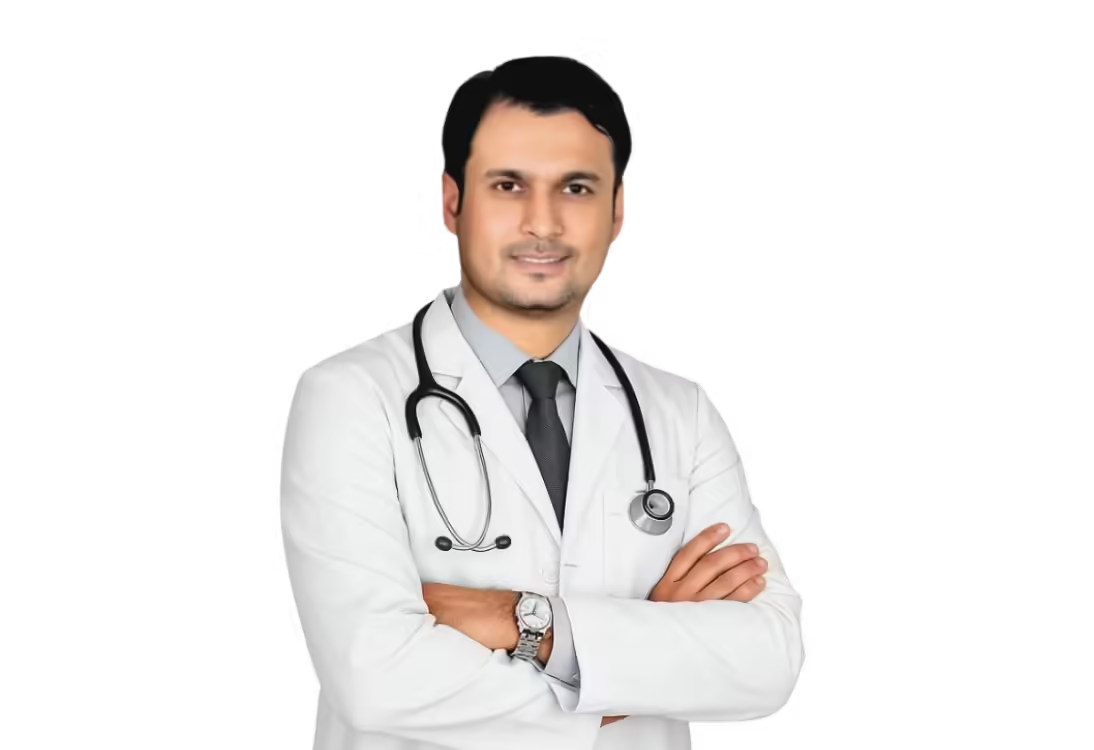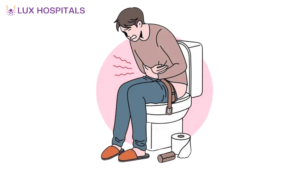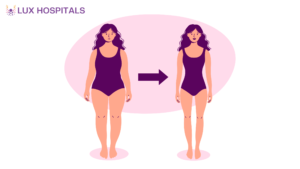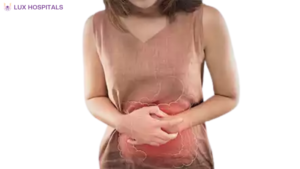Types of Hemorrhoids: Internal vs. External – What You Need to Know
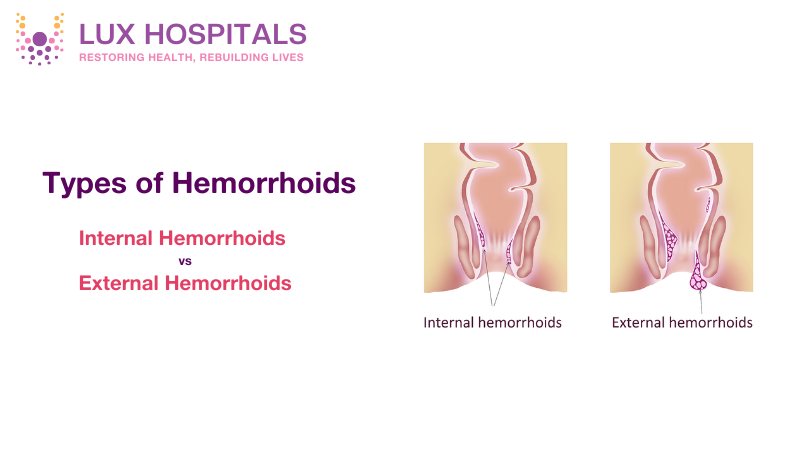
Hemorrhoids are a disorder that impacts millions of people around the world. They can be painful, and embarrassing to talk about. However, understanding what they are, how they are classified, symptoms, and treatment can help you effectively prevent and deal with them.
In this thorough guide, we will talk about internal and external hemorrhoids, their causes, symptoms, and treatments.
What Are Hemorrhoids?
Hemorrhoids are swollen blood vessels around or in the anus or rectum. Hemorrhoids can either be internal or external based on their site. Hemorrhoids occur when pressure is built up on the anal and rectal veins, resulting in pain and swelling.
Types of Hemorrhoids
There are typically two types of hemorrhoids:
- Internal Hemorrhoids
- External Hemorrhoids
Let’s go further and describe each one of them.
Internal Hemorrhoids
Location and Appearance:
Internal hemorrhoids are located within the rectum. Internal hemorrhoids cannot be seen and are not usually painful since this area is not innervated with many pain fibers.
Symptoms of Internal Hemorrhoids:
- Bleeding during the passing of stool without pain
- Blood on toilet paper or in the toilet
- Sensation of incomplete evacuation
- Prolapse (hemrroid bulges from anus)
Complications:
Internal hemorrhoids, if not treated, prolapse and become painful, itchy, and difficult to clean.
Treatment of Internal Hemorrhoids:
Diet: Dietary changes to make stools softer and decrease straining.
Topical Drugs: Suppositories and creams over the counter can be relieved by.
Medical Treatments:
Rubber Band Ligation: A rubber band is stretched around the hemorrhoid’s base, stopping blood flow and causing it to shrink and come loose.
Sclerotherapy: The hemorrhoid is injected with a solution that causes it to shrink.
Infrared Coagulation: Shrinkage is created using heat.
External Hemorrhoids
Location and Appearance:
External hemorrhoids are below the skin covering the anus. They are seen and may hurt as they contain pain-sensitive nerves.
Symptoms of External Hemorrhoids:
- Irritation or itching of the anus
- Discomfort or pain, most notably during defecation
- Inflammation and swelling
- Hard lumps at the anus (thrombosed hemorrhoids)
- Bleeding
Complications:
External hemorrhoids can become thrombosed, wherein there is a blood clot, causing sharp pain, inflammation, and swelling.
Treatment for External Hemorrhoids:
Home Remedies:
Warm sitz baths to alleviate pain and swelling.
Cold compresses to minimize pain and inflammation.
Over-the-counter creams and ointments to ease symptoms.
Medical Treatments:
Hemorrhoidectomy: Surgical removal of hemorrhoids, reserved for severe cases.
Hemorrhoid Stapling: A procedure to shut off blood supply to the hemorrhoidal tissue.
Differences Between Internal and External Hemorrhoids
| Feature | Internal Hemorrhoids | External Hemorrhoids |
| Location | Inside the rectum | Under the skin around the anus |
| Pain | Usually painless unless prolapsed | Painful, especially when thrombosed |
| Appearance | Not visible unless prolapsed | Visible as lumps or swelling around the anus |
| Bleeding | Bright red blood on toilet paper or in the toilet | Possible bleeding during bowel movements |
| Treatment | Less invasive methods like dietary changes | May require topical creams or surgical removal |
Hemorrhoids Symptoms: When to See a Hemorrhoid Specialist
Although hemorrhoids are not typically life-threatening, you should see a medical doctor if you have the following:
- Heavy bleeding or clots
- Severe pain or discomfort
- Persistent symptoms that do not respond to home remedies
- Infection symptoms like fever or pus discharge
A hemorrhoid specialist can provide an accurate diagnosis and recommend the most appropriate hemorrhoids treatment plan.
Causes and Risk Factors
Hemorrhoids can occur due to a number of reasons, including:
Chronic constipation or diarrhea
- Straining during bowel movements
- Prolonged sitting, especially on the toilet
- Obesity
- Pregnancy (increased pressure on pelvic veins)
- Ageing (weakening of supportive tissues)
- Low fiber diet
Prevention Tips
Preventing hemorrhoids is possible with some lifestyle modifications:
- Increase Fiber Intake: Constipation can be avoided and stool softened by consuming foods high in fiber, such as fruits, vegetables, and whole grains.
- Stay Hydrated: Drink plenty of water to keep stools soft and easy to pass.
- Exercise Regularly: Physical activity promotes healthy bowel movements and reduces pressure on rectal veins.
- Avoid Straining: Because straining puts more pressure on hemorrhoidal veins, avoid forcing bowel motions.
- Practice Good Hygiene: To avoid inflammation, maintain a clean and dry anal area.
Hemorrhoid Surgery: When Is It Necessary?
In severe cases where conservative treatments fail, hemorrhoid surgery may be recommended. The most common surgical options include:
- Hemorrhoidectomy: Surgical removal of large external or prolapsed internal hemorrhoids.
- Stapled Hemorrhoidopexy: A procedure that removes excess tissue to prevent prolapse and block blood flow to hemorrhoidal tissue.
- Laser Surgery: A minimally invasive technique to reduce hemorrhoids using laser radiation.
These procedures are generally safe and effective, but they require recovery time and post-operative care.
When to See a Doctor
While most hemorrhoids can be managed with home remedies and over-the-counter treatments, specific symptoms require medical attention:
- Severe pain or discomfort.
- Heavy rectal bleeding or blood clots.
- Persistent symptoms despite home treatment.
- An uncomfortable, hard lump next to the anus (thrombosed hemorrhoid).
- Changes in bowel habits or stool appearance.
For an accurate diagnosis and a customized treatment plan, speak with a healthcare provider if you encounter any of these symptoms.
Conclusion
Hemorrhoids are a frequent but treatable illness. Knowing the symptoms, available treatments, and the differences between internal and external hemorrhoids will help you make smarter decisions. Effective treatment depends on early diagnosis and appropriate care, whether you choose home remedies or need medical help.
Do not be afraid to seek expert assistance if you are dealing with ongoing symptoms or problems. Our goal at Lux Hospitals is to offer thorough and compassionate hemorrhoid care. See us today to start living a pain-free life.
Frequently Asked Questions
No, lifestyle adjustments, natural therapies, and medical care can frequently control hemorrhoids. However, if preventive actions are not taken, they may return.
Internal hemorrhoids are usually painless but can cause discomfort if they prolapse or become irritated.
Mild external hemorrhoids may heal within a few days with home treatments, while severe cases may require medical intervention.
Pain levels vary depending on the type of surgery. Minimally invasive procedures are generally less painful, and pain management is provided post-surgery.
No, hemorrhoids do not lead to cancer. However, symptoms like rectal bleeding should be evaluated by a specialist to rule out other severe conditions.
Yes, avoiding straining during bowel movements, eating a high-fiber diet, and drinking plenty of water can all help prevent recurrence.







